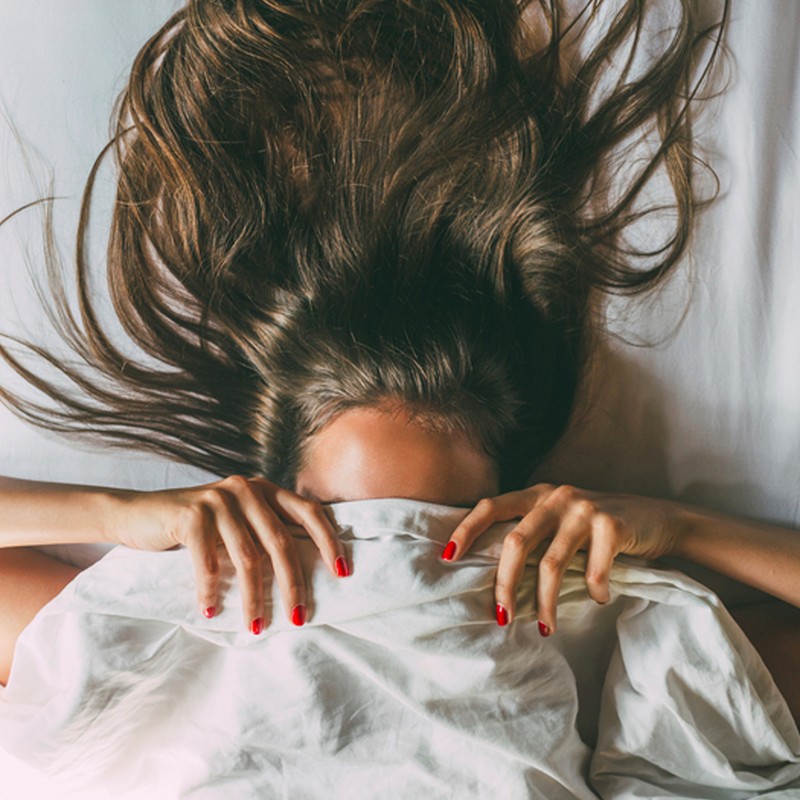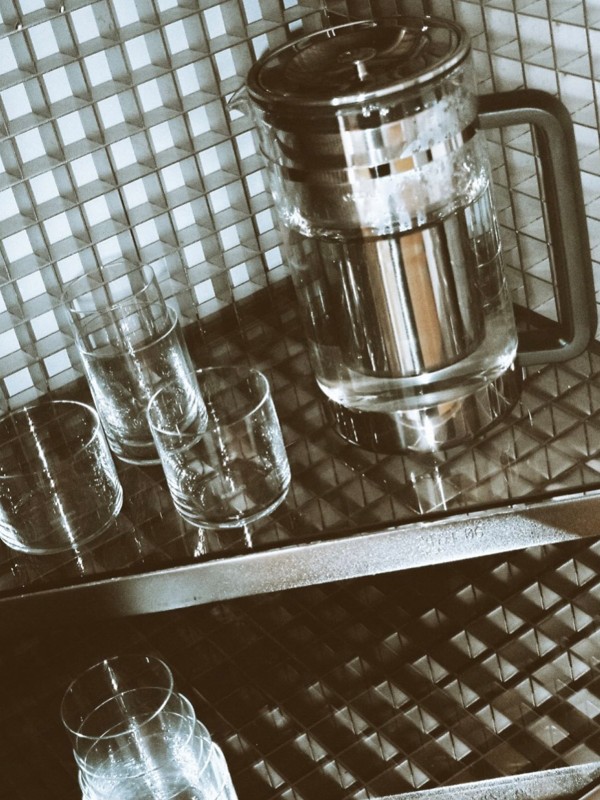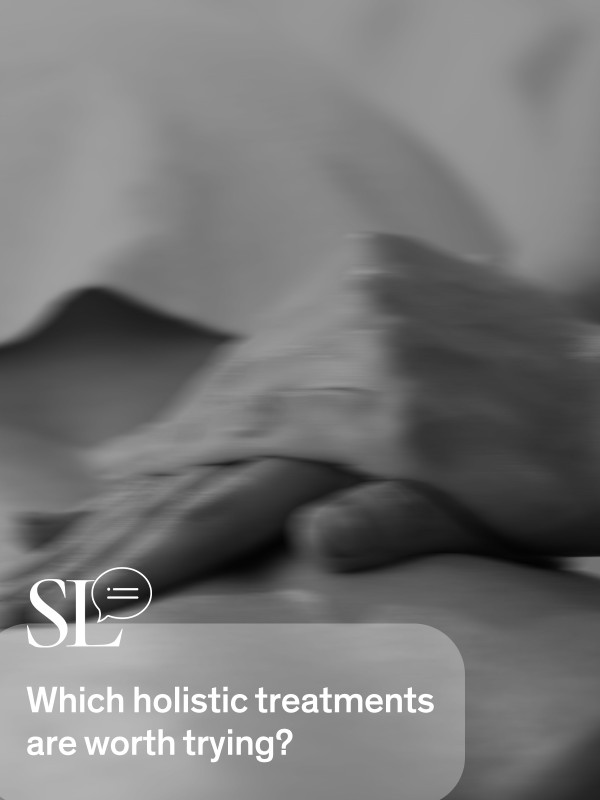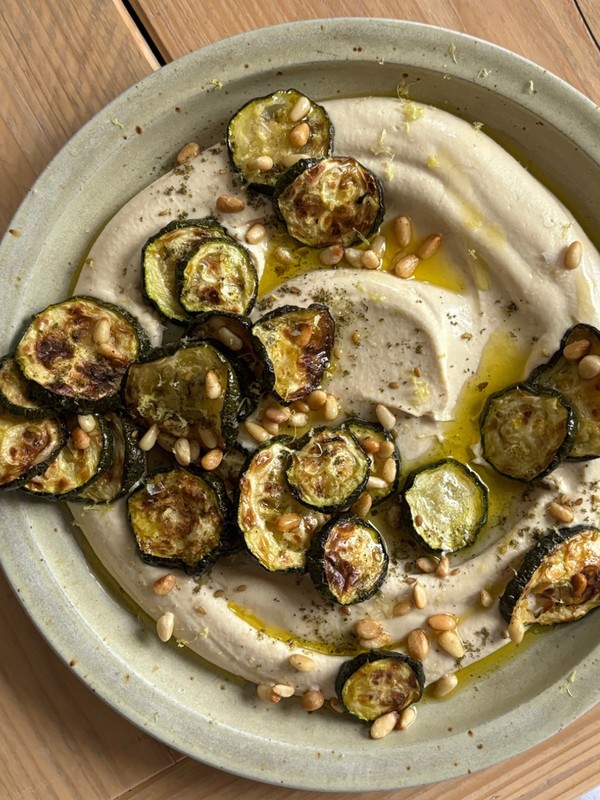
11 Ways To Create The Ultimate Sleep Environment
Consider Flexible Working
“There have been a significant number of people whose sleep has improved during lockdown, particularly for people who are naturally more suited to being night owls (go to bed late, wake up late). This is because in ‘normal’ life they have been able to sleep with their body’s natural rhythm – lockdown has meant a later alarm setting and a more flexible work pattern to suit working during the afternoon and evening. As lockdown measures are relaxed and we return to work, our sleep may change and it’s likely to get worse before it gets better. If you were a night owl who took advantage of sleeping with your body’s natural rhythm and felt more productive later in the day, discuss if your work patterns can reflect this going forward. If this isn’t a possibility and your work schedule is more rigid, then try and complete more demanding tasks in line with your body’s natural rhythm. Owls should do more mentally demanding tasks later in the day, while those with a larkish rhythm (early risers) should do this work earlier.” – James Wilson, aka The Sleep Geek
Re-Set Your Circadian Rhythm
“If you struggle to wake up in the morning or wake up in the middle of the night, chances are your circadian rhythm is out of whack. It’s so important to get this back on track – a single night of poor sleep can affect mental capacity, and the long-term effects of sleep deprivation include memory issues, mood changes, high blood pressure, a weakened immune system, weight gain and diabetes. To re-set your circadian rhythm, research from Harvard University suggests fasting for 12-16 hours can quickly re-boot the sleep-wake cycle. When you break the fast and finally eat, your body will think it's morning. For non-jetlag disturbances, try eating an early dinner (around 4 PM), and then avoid eating until breakfast (8 AM). Once your sleep is back on a consistent schedule, go back to eating during normal meal times.” – Mark Newey, psychotherapist
Plan Ahead
“We just don’t take sleep seriously enough – it’s as important to our wellbeing as food and water. We take it for granted – we expect to hit the pillow and fall asleep without any preparation. Leading a stressful life means our bodies are pumped full of adrenaline to keep us going day in day out; this means it can take hours for our body to slow down and come back into balance, a casualty of which is sleep. It is therefore essential to begin the slowing down and relaxation process three hours before going to bed; that means everything physically and mentally stimulating should be avoided for that period if you're struggling to sleep.” – Mark
Readjust Your Routine
“As we return to work and our children go back to school it may be that our wake-up time is earlier than it has been during lockdown and some of us will think we need to bring our bedtime forward. Unfortunately, this ignores one of the key things we know about sleep – we can’t force ourselves to fall asleep. Going to bed earlier generally results in tossing and turning for hours and you actually end up going to sleep later than if you had stuck to your usual routine. If you want to go to bed earlier, gradually move your wake up time to the time you will be getting up prior to this (by around 30 minutes each day) – this will mean you are waking up at the new time for at least three days before you need to. This consistent routine will help drive your sleepiness at bedtime and will more than likely help you fall asleep earlier.” – James
Turn The Lights Down
“Bright lights activate higher levels of brainwave activity. It’s worth turning the lights down in your sitting room an hour before going upstairs and putting bedside lights on before going up to bed. It’s also worth having a lower wattage light in your bathroom – you can buy special bedtime low-blue light bulbs at six watts, which produce the perfect amount of light for evening activities: not too bright, not too dim.” – Mark
Ditch Exercise Before Bed
“If you are getting back to the gym, remember exercise is great for sleep, but doing it in the three hours before bedtime will likely make your sleep worse. Exercise helps us to feel physically tired and relieves the stresses and strains of the day. However, for some people if we do it too close to bedtime the cortisol and adrenaline form the physical exertion impacts our ability to fall asleep and particularly to stay asleep. If you have exercised late, make sure you are winding down properly – a warm (not hot) bath or shower can help to drop your core temperature, which can make you sleepy.” – James
Forget Snoozing
“Science says you should get up and go to bed at the same time each day – even on the weekends. It’s just not possible to ‘catch up’ on lost sleep. Having said that, a 20-minute nap during the day or the evening is okay, but make sure it’s no longer than 20 minutes. The reason for a 20-minute nap is it doesn't give your brain the time to go into much deeper brainwave activity, from which you are likely to feel very groggy when you wake up. Twenty minutes is enough to slow the system and your brainwave activity down. And if you struggle to nap but need to recharge your batteries, just lying down will help – this will slow down your heart rate and brainwave activity, too.” – Mark
Supercharge Your Nightcap
“A single glass of wine before bed isn’t too bad, especially if consumed a couple of hours before sleep. However, a larger intake has a direct impact on your sleep. Many people wake up at 2am after drinking, as that tends to be when the liver flushes and alcohol is a stimulant. It doesn’t taste the same, but a mug of hot milk before bed can really help – it contains tryptophan, the precursor to serotonin and melatonin. If you are struggling to sleep, a melatonin supplement can also help. Melatonin is a natural hormone that is produced by the pineal gland which helps control your sleep cycle. The body produces melatonin just after it gets dark, peaking in the early hours of the morning and reducing during daylight hours. A melatonin supplement acts on receptors in your body to encourage sleep.” – Mark
Practice Self-Care
“Cuddling stimulates the healing parasympathetic nervous system. It is another way to help your body produce the wellbeing hormones oxytocin and serotonin, which create feelings of inner safety and trust, which helps us sleep more deeply. Aside from people, you could hug a pet, a tree (which has the added bonus of connecting you to nature), or simply yourself. You can embrace and rock yourself to sleep especially if you're stressed or upset about things that have happened throughout the day. Lie on your side, arms around yourself, gently hug and rock yourself to sleep. Also remember that gratitude is a powerful tool for improving sleep – it helps us be less worried about the future and makes us more resilient to stress. Try keeping a daily diary to note down all the things that have happened in your day that you are grateful for and you will be surprised at how long the list is.” – Nerina Ramlakhan, physiologist and sleep expert
Tackle Stress
“Cutting the chord from your day is a helpful exercise to do if worrying about a particular person, or something close to your heart is keeping you awake at night. Light a candle or visualise a fire in front of you, then stand with your feet hip-width apart. Now imagine silvery threads connect that person or thing you’re worrying about straight to your heart. Next, act out pulling those chords away from you and ‘chopping’ them away with your hands before throwing them on the fire. This helps you disconnect with your worries and is useful done before going to bed or if you wake in the early hours. You can even do it to cut the cords from a disturbing dream.” – Nerina
Think About Your Mattress
“The quality of your mattress is paramount for a good night’s sleep. If your current mattress is dipping, sagging or uneven, you should consider getting a new one, as a lack of adequate support can contribute to back pain. The right mattress will hold your spine in a neutral, horizontal position whilst you sleep. The biggest myth we encounter is that ‘firm mattresses are orthopaedic’, which is simply not the case. If a mattress is too firm, it will push your spine out of line, as well as creating pressure points on your shoulders and hips. Equally, if a mattress is too soft, your body will bow into it, putting pressure on your spine. A good quality mattress should last you at least ten years, especially if it’s regularly turned, aired and looked after.” – Adam Black, founder of Button & Sprung
For more information on James Wilson, visit TheSleepGeek.co.uk; Mark Newey is the founder of Headucate.me. Follow Nerina Ramlakhan on Instagram @DrNerina or visit DrNerinaWebinars.com. Visit ButtonAndSprung.com.
*Features published by SheerLuxe are not intended to treat, diagnose, cure or prevent any disease. Always seek the advice of your GP or another qualified healthcare provider for any questions you have regarding a medical condition, and before undertaking any diet, exercise or other health-related programme.
DISCLAIMER: We endeavour to always credit the correct original source of every image we use. If you think a credit may be incorrect, please contact us at info@sheerluxe.com.





